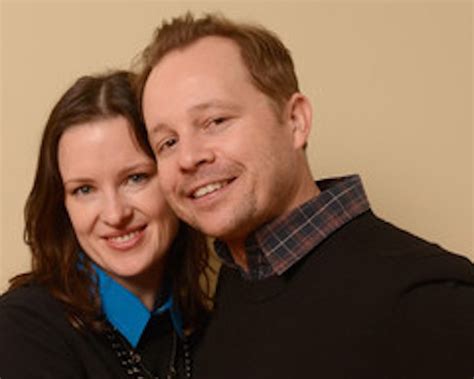A Quote by Warren Farrell
Sexism is discounting the female experience of powerlessness; the new sexism is discounting the male experience of powerlessness.
Quote Topics
Related Quotes
As I looked more carefully at the listening matrix I saw that during the past twenty years we had taken a magnifying glass to the first of these four quadrants, the female experience of powerlessness. I saw I was subconsciously making a false assumption: The more deeply I understood women's experience of powerlessness, the more I assumed men had the power women did not have. In fact, what I was understanding was the female experience of male power.
There's still sexism in the world, so there's still sexism in publishing and in graduate school. But it is different. Now, it's more coded and harder to detect. It was more explicit when I was in school. There were no rules against male professors asking out female students. The reverse didn't happen since female professors were rare or nonexistent. Visiting writers came, 90% of them male, and some expected that a female student would materialize as his date for the visit.
There's obviously instances where I perceive sexism in my job. ... I think that the sort of sexism that I see has been one that's a little bit like a gentler form of sexism, but still a little bit debilitating, which is that when, as a producer and a writer, whether it was at The Office or [at The Mindy Project], if I make a decision, it'll still seem like it's up for debate.
For the several thousands of years before they became firefighters and physicians, women were sirens, enchantresses, snares. At times it seems as if female powerlessness is male self-preservation in disguise. And for millennia, this has made for a zero-sum game: A woman's intelligence was a man's deception.



































